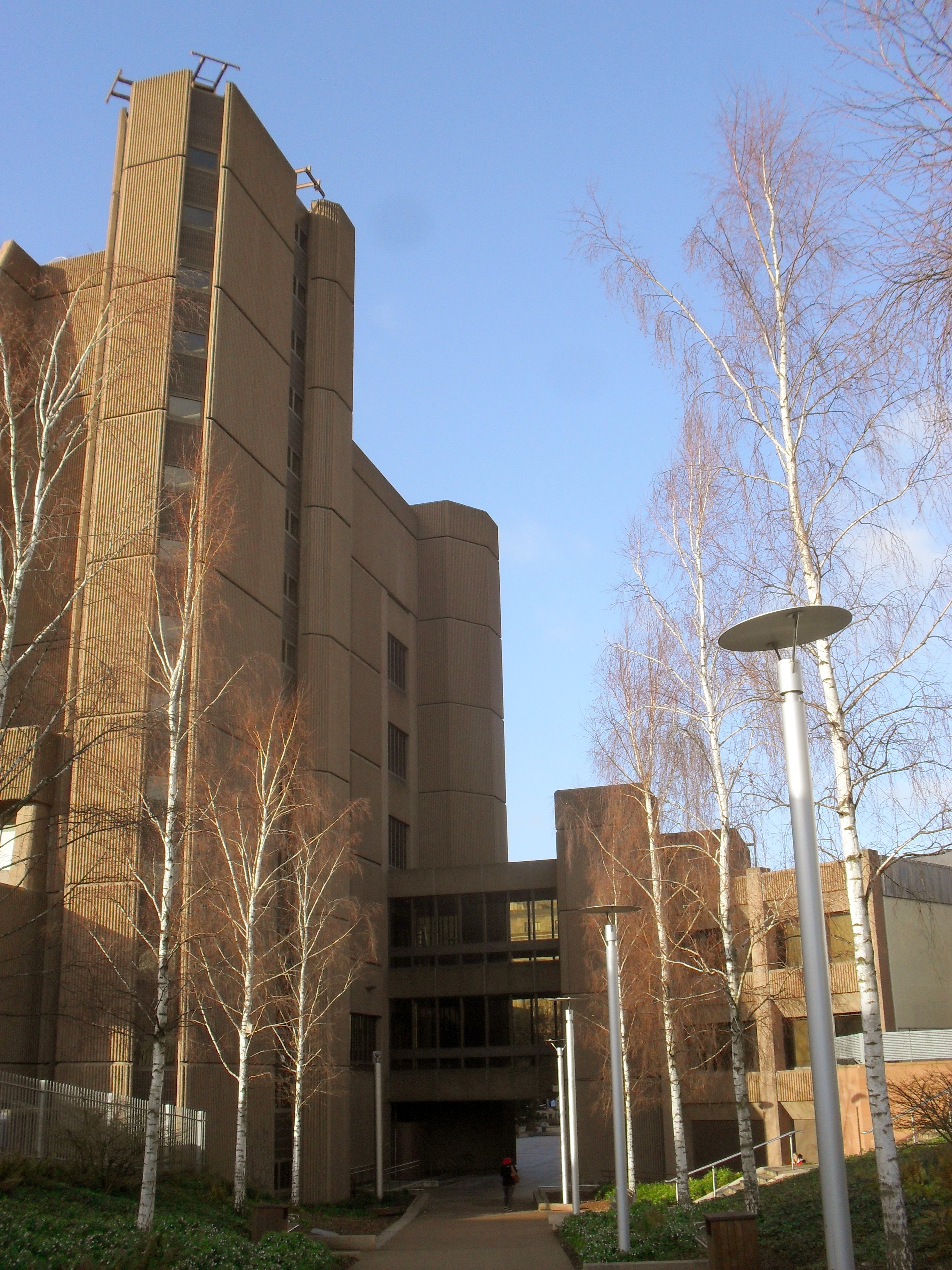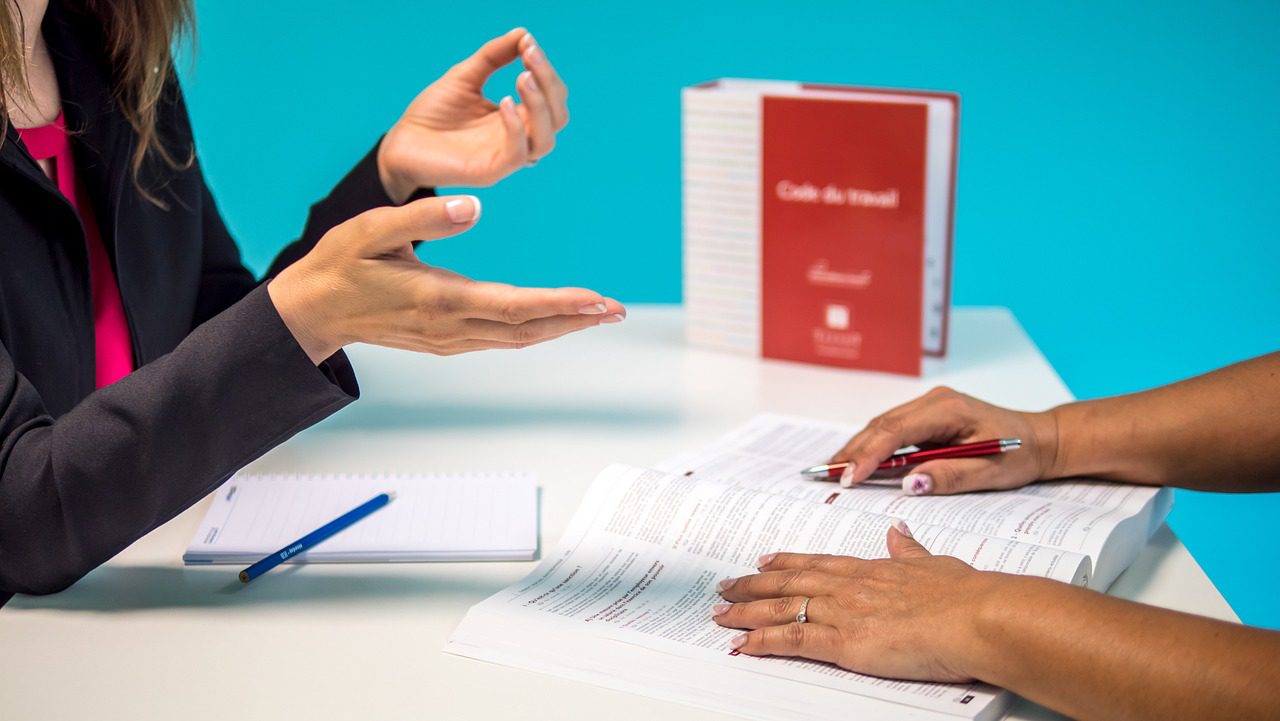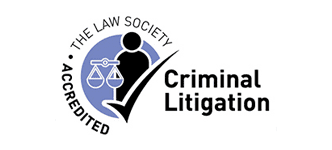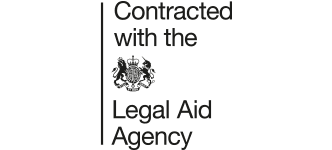May 29, 2025
Here’s The Perfect Solution If You Want An Understanding Of The Criminal Process Faced – Immediate Answers – Avoid Surprises
Understanding Criminal Law in England and Wales
Immediate Answers To Most Questions
Avoid Surprises
Criminal law in England and Wales forms a cornerstone of the legal system, designed to maintain social order, protect individuals and property, and ensure justice is served. At IMSLAW, we are committed to guiding individuals through the complexities of criminal proceedings, whether they are accused of an offence or seeking justice as victims.
What Is Criminal Law?
Criminal law involves the prosecution of individuals or entities by the state for actions deemed to be offences against society. Unlike civil law—which deals with disputes between individuals—criminal law is concerned with conduct that the government has classified as illegal and punishable by sanctions such as fines, imprisonment, or community orders.
Categories of Criminal Offences
Criminal offences in England and Wales are broadly categorised into three types:
-
Summary Offences: These are less serious offences, such as minor assaults or motoring offences, and are typically tried in the Magistrates’ Court.
-
Either-Way Offences: These can be heard either in the Magistrates’ Court or the Crown Court, depending on the severity of the case and the defendant’s preference. Examples include theft and burglary.
-
Indictable Offences: These are the most serious crimes, such as murder or rape, and are always tried in the Crown Court before a judge and jury.
The Criminal Justice Process
The criminal justice process generally follows these stages:
-
Investigation and Arrest: The police gather evidence and may arrest a suspect if there are reasonable grounds.
-
Charging Decision: The Crown Prosecution Service (CPS) decides whether to formally charge the suspect based on the evidence and the public interest test.
-
Court Proceedings: The accused will be summoned or remanded in custody to appear in court. The type of offence determines the venue and procedure.
-
Trial and Verdict: In court, the prosecution and defence present their cases. The judge or jury will then deliver a verdict.
-
Sentencing: If found guilty, the defendant will receive a sentence that could include imprisonment, a fine, or other penalties.
The Role of Legal Representation
Whether you are facing allegations or are the victim of a crime, legal representation is crucial. A criminal solicitor ensures that your rights are protected throughout the process and helps to build a robust defence or pursue justice.
At [Your Law Firm Name], we offer:
-
Police Station Representation: 24/7 advice and representation during interviews under caution.
-
Court Representation: Experienced advocates for Magistrates’ and Crown Court hearings.
-
Appeals and Post-Conviction Support: Assistance with appeals against conviction or sentence.
Why Choose IMSLAW?
Our criminal defence team combines in-depth knowledge of the law with a client-focused approach. We understand that facing criminal proceedings can be a distressing experience, and we are here to offer clear advice, strong advocacy, and unwavering support at every stage.
Contact Us
If you need legal advice or representation in a criminal matter, contact IMSLAW today. Our dedicated team is ready to help protect your rights and achieve the best possible outcome.
IF YOU FACE INVESTIGATION BY POLICE OR COURT PROCEEDINGS BROUGHT BY THE CROWN PROSECUTION SERVICE IN EGLAND AND WALES
CALL US NOW ON 07793464380 OR INTERACT WITH THE CHAT BOT ON OUR WEB SITE OR SEND US AN EMAIL FOR A FREE INITIAL CALL.
LEGAL AID MAYBE AVAILABLE IN YOUR CASE AND IS AVAILABLE TO ALL IN REPSECT OF POLICE STATION ATTENDANCE NON MEANS TESTED.
Call IMS now on 01744 612549 for a free initial consultation.





